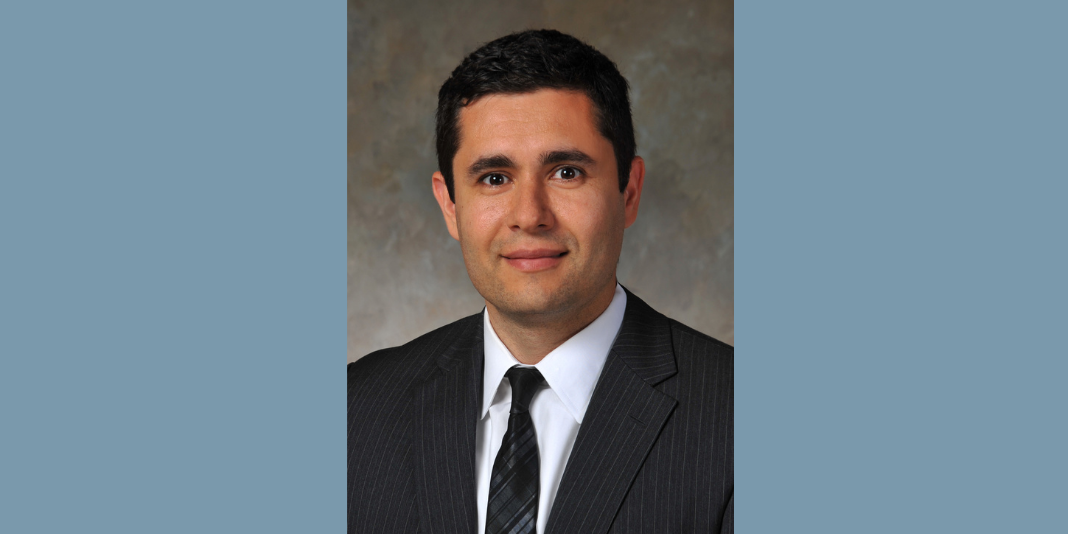Pictured above: Dr. Kedrin, Elliot Gastroenterology
March is Colorectal Cancer Awareness Month—it’s a time to build our understanding about the disease to care for our health.
Did you know that:
- Colorectal cancer is one of the most common cancers.
- There are risk factors that you can control to reduce your risk—these include exercise, not smoking, reducing or stopping alcohol intake, eating a healthy diet. Risk factors that you can’t control are age, family history of polyps or cancer, and other inherited conditions.
- According to the National Cancer Institute, it was estimated that 149,500 people would be diagnosed with colorectal cancer, with an estimated 52,980 deaths from colorectal cancer in 2021.
“Given the prevalence of colorectal cancer, screening and monitoring for symptoms is very important. Colonoscopy is the gold standard in prevention. The age to begin colonoscopies was recently changed to 45 years old, from 50 years of age given the number of colorectal cancer cases in people younger than 50,” said Dr. Dmitriy Kedrin, with Elliot Gastroenterology. “If your family has a history of colorectal cancer, or if you are experiencing symptoms, talk with your doctor to determine if a colonoscopy is the right next step for you. Listen to your body, and heed expert medical advice.”
When Scott MacFarland, at the young age of 37, was experiencing pain in his abdomen, he decided to look into it with his doctor to determine what the cause could be. He was shocked to be diagnosed with Stage III rectal cancer after a colonoscopy at Elliot Gastroenterology. The diagnosis changed his world. The Bedford, NH resident then met with providers at Dana-Farber Cancer Institute in Boston who determined his treatment plan. For radiation treatments, he was referred to the Solinsky Center for Cancer Care at The Elliot.
Scott’s story has a happy ending—he is now cancer-free. “The radiation treatment I received at the Solinsky Center for Cancer Care was key to beating back the cancer – my doctor said it stopped the cancer in its tracks,” said Scott. “What was at first Stage III cancer, was reduced to the equivalent of Stage I cancer after my radiation treatments were complete.”
Scott knows firsthand the importance of paying attention to symptoms, and seeking medical attention right away. “If there were two points I could emphasize, they are this: Don’t hesitate. If something doesn’t feel right, you should seek medical advice from your doctor. There is hope if you catch the cancer in time to beat it. Also, educate yourself about the symptoms of colorectal cancer, so that you know what to watch for.”
For more information about Colorectal Cancer, visit the American Cancer Society’s website.
